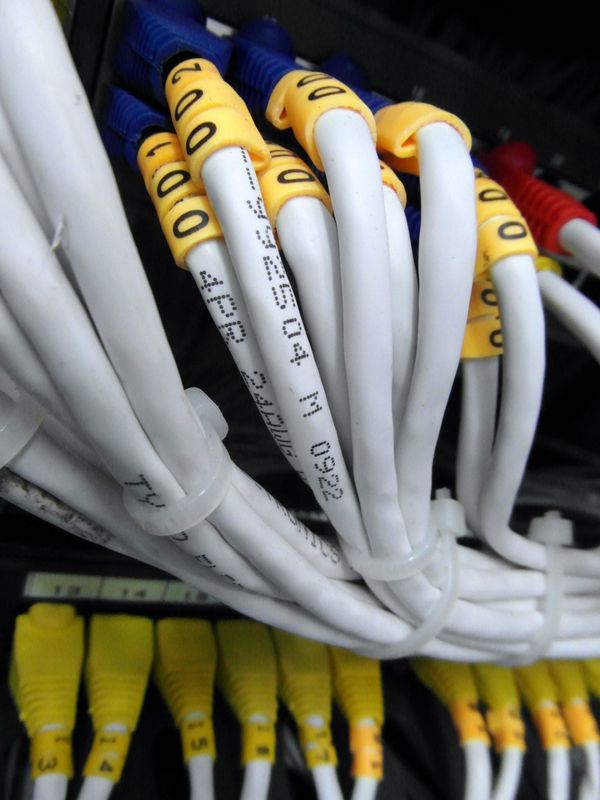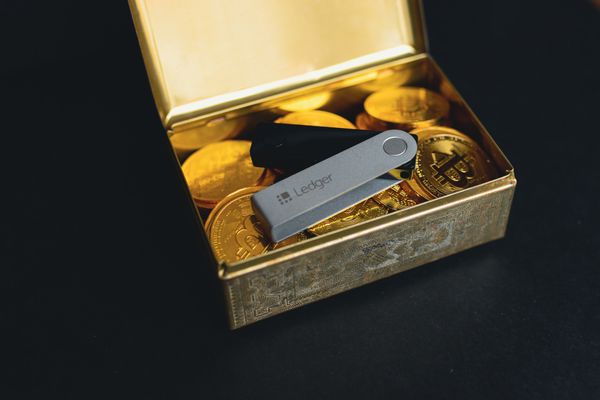Connected car telematics could predict car trouble before it happens

Although fully autonomous cars won’t be around for a while yet, there is an interesting choice of connected cars already available on the market that may reduce traffic congestion, increase road efficiency and safety, and prevent crashes based on telematics and predictive analysis.
It looks like a win-win scenario for all involved; no wonder Gartner forecasts 250 million connected cars will be in service by 2020. Innovative technologies come with their share of roadblocks and best practices, but from now on, there might be an internet of things solution that predicts and fixes connected car problems before they happen.
The in-car diagnostics solution, announced at this year’s Mobile World Congress in Barcelona, is developed by CarForce in partnership with telecom giant AT&T. Basically a tiny SIM card will be inserted in the car’s diagnostic port to collect data that will be sent to the IoT platform maintained by AT&T. Machine learning and artificial intelligence algorithms will analyze data collected by the car to deliver real-time updates on the state of the vehicle, based on “preventative and predictive maintenance.”
Car dealerships, repair shops and fleet managers can more easily improve customer experience and vehicle maintenance, and solve problems faster. In the first quarter, the cloud-based software will be tested in Denmark on approximately 2.4 million cars and 1,500 vehicle service shops. Later in the year it will be tested in the US, France and Germany.
Smart mobility has grown in popularity to the extent that we are not only reconsidering how people move around, but also privacy laws and security around the technology that makes it happen. The interest in connected cars is not sudden, but only now does it actually feel like a feasible project with consumers ready to embrace it.
Connected cars collect a lot of data that hasn’t been tapped yet to improve overall experience. Arguing that it would be for the greater good, manufacturers get instant access to all of it, from engine performance, to GPS history and personal calls. But this means goodbye privacy. Not all countries have well-defined digital privacy laws like the upcoming GDPR in Europe, so who has data ownership, and what are we agreeing to?
tags
Author
After having addressed topics such as NFC, startups, and tech innovation, she has now shifted focus to internet security, with a keen interest in smart homes and IoT threats.
View all postsRight now Top posts
Start Cyber Resilience and Don’t Be an April Fool This Spring and Beyond
April 01, 2024
Spam trends of the week: Cybercrooks phish for QuickBooks, American Express and banking accounts
November 28, 2023
FOLLOW US ON SOCIAL MEDIA
You might also like
Bookmarks








